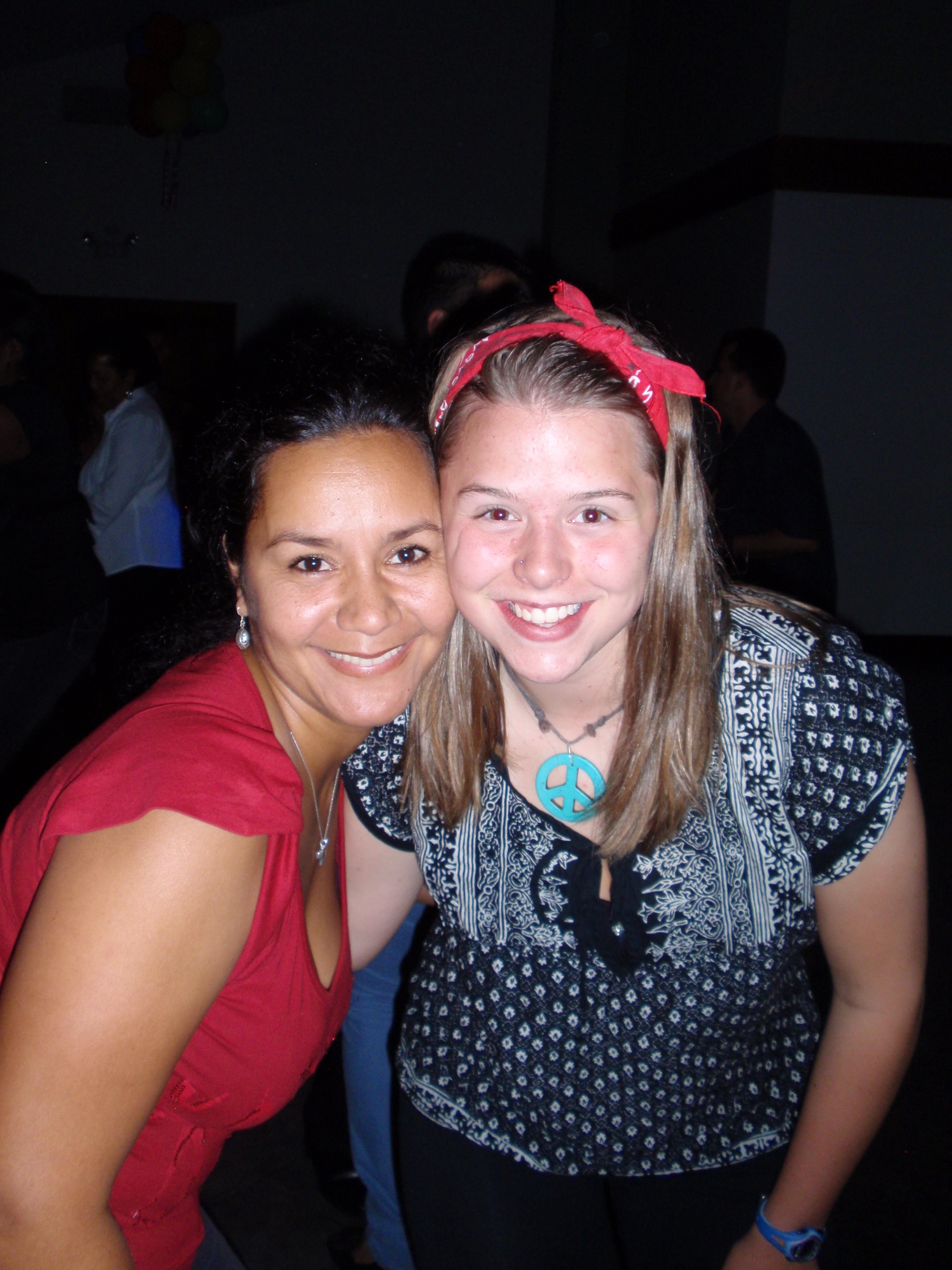Informal Spanish greetings
If you’re traveling to Costa Rica with Common Ground this spring or summer, you’ll be greeted a lot of different ways by Ticos (Costa Ricans). Greeting people is extremely important in Latin culture – you’ll do it dozens of times a day – so you’ll want to diversify your repertoire. Here’s some help for getting beyond just an awkward hola and learning some great informal Spanish greetings:
While walking down the street:
Tico: Buenas.
You: Buenas.
Buenas is the shortened version of buenos días, buenas tardes or buenas noches – it works anytime, and frees you from having to think about what time of day it is! This is a great basic for informal Spanish greetings.
Tico: Adiós.
You: Adiós.
The use of adiós as a greeting can be baffling. It’s most common when you’re walking down the street and aren’t going to stop and talk, but just make eye contact, give a smile and this quick hi/bye greeting.
In a social setting:
Tico: ¡Pura vida, mae!
You: ¡Pura vida! OR ¡Tuanis!
Pura Vida is the Costa Rican philosophy, and most commonly used phrase. It literally means “pure life” but can be used as a greeting (and response), exclamation, or adjective meaning roughly “this is living”, “perfect”, “great”, “wonderful,” etc. It’s shortened version is simply Pura.
**Don’t forget your Spanish vowels. This is NOT pronounced PYURA VIDA, but POORAH bEEDAH
Tuanis means “perfect”, and can basically be used interchangeably with pura vida.
Mae (sometimes pronounced maje) means something approximating “dude”, “man”, or “guy” and can be used in the second (you) or third person (he/they). In more urban/progressive areas, it’s also used with women, particularly among young people. Por ejemplo: Ese mae es muy pura vida/tuanis. (That guy is great.)
Tico: ¿Cómo (me) le va? Don’t let this trip you up – it’s How’s it going?
You: Bien, ¿y usted?
Tico: Bien, gracias a Dios. A very common reference to God in Costa Rican speech.
You: ¿Cuándo viene a la casa? When are you coming over?
Tico: Para la otra semana, si Dios quiere. Next week, God-willing.
Otro/a means other, another, and next. In Costa Rica it’s almost always used instead of próximo/a when referring to the “next” unit of time – i.e. next day, next week, next year, etc.
Si Dios quiere literally means “if God wants” or “God-willing”. Ticos (along with many other Latinos) have a somewhat fatalistic view of life, and their speech often reflects that despite their own efforts, things will only come to pass si Dios quiere.
Don’t wear out your ¿Cómo está? – try these alternatives:
¿Qué me cuenta? What’s your story?/ What’s going on?
¿Qué hay de nuevo? What’s new?
¿Cómo va todo? How is everything going?
¿Qué tal la vida? How’s life?
This should get your started. Check back soon for tips on formal greetings in Costa Rica (and beyond!)



